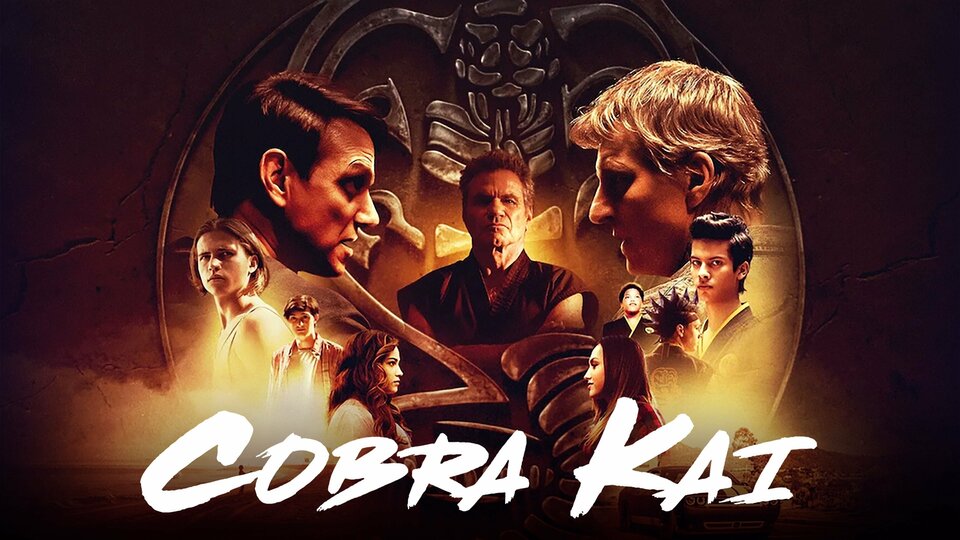
Cobra Kai is a popular TV series that is known for its martial arts action, rivalries, and the theme of redemption. The series is a perfect inspiration for a tabletop roleplaying game that is full of action and drama. In this article, we will explore how to run a tabletop roleplaying game in the style of Cobra Kai.
Choose a System
The first step in running a Cobra Kai-style game is to choose a system that can accommodate the show's themes and tone. Systems that focus on martial arts and action, such as Feng Shui or Savage Worlds, are good choices. Alternatively, you can modify an existing system to better fit the themes and tone of Cobra Kai.
Create Characters
Once you have chosen a system, it's time to create characters. Characters should embody the spirit of martial arts action and be willing to fight for what they believe in. Think about what motivates your characters, their strengths and weaknesses, and their personal stakes.
Set the Scene
Cobra Kai takes place in a martial arts dojo, and the game should reflect this. Set the scene with descriptions that evoke the dojo setting and the sense of rivalry. Use props, such as martial arts sound effects or images, to create a sense of authenticity.
Create Encounters
Encounters are a key part of any roleplaying game, and Cobra Kai is no exception. Create encounters that challenge the characters and allow them to showcase their martial arts skills and abilities. Use rival dojos, street fights, and other martial arts-related obstacles to create a sense of excitement and danger.
Use Rivalries as Objectives
In Cobra Kai, rivalries often serve as the main objective. Use rivalries as the driving force behind the game's story. Create scenarios where the characters must compete against rival dojos or other martial artists in order to prove their worth and advance in the martial arts world.
Use Consequences
Finally, make sure there are consequences for failure. If the characters fail to win a fight or progress through the game, there should be consequences that affect the story or the characters' relationships. This creates a sense of importance and makes the game more meaningful.
How can I make sure the consequences of failure are meaningful?
Making the consequences of failure meaningful is an important part of running a successful tabletop roleplaying game. Here are some tips to help ensure that the consequences of failure are meaningful:
Tie the Consequences to the Story
Make sure that the consequences of failure tie into the overall story of the game. If the characters fail a particular objective, make sure that the story takes a different turn or the game progresses in a new direction. This will help to ensure that the consequences of failure have a meaningful impact on the game.
Make the Consequences Personal
Create consequences that are personal to the characters. If a character fails a particular objective, make sure that the consequence affects them in a way that is meaningful to their backstory or motivations. This will help to create a sense of investment in the game and make the consequences feel more impactful.
Use Consequences to Raise the Stakes
Use the consequences of failure to raise the stakes of the game. If the characters fail a particular objective, make sure that the stakes of the game increase. This will help to create a sense of urgency and tension that can make the game more exciting.
Use Consequences to Create Conflict
Use the consequences of failure to create conflict between the characters. If one character fails a particular objective, make sure that the consequences affect the other characters in a way that creates conflict or tension. This can help to create a sense of drama and make the game more interesting.
Be Consistent
Make sure that the consequences of failure are consistent throughout the game. If one character fails a particular objective, make sure that the consequences are similar to what would happen if another character failed the same objective. This will help to create a sense of fairness and consistency in the game.
In conclusion, running a tabletop roleplaying game in the style of
Cobra Kai can be a thrilling and exciting experience. By choosing a
suitable system, creating characters that embody the spirit of martial
arts action, setting the scene, creating encounters that challenge the
characters, using rivalries as objectives, and using consequences, you
can create a gaming experience that captures the themes and tone of
Cobra Kai. So gather your friends, create your martial artists, and get
ready to strike first, strike hard.
Comments
Post a Comment